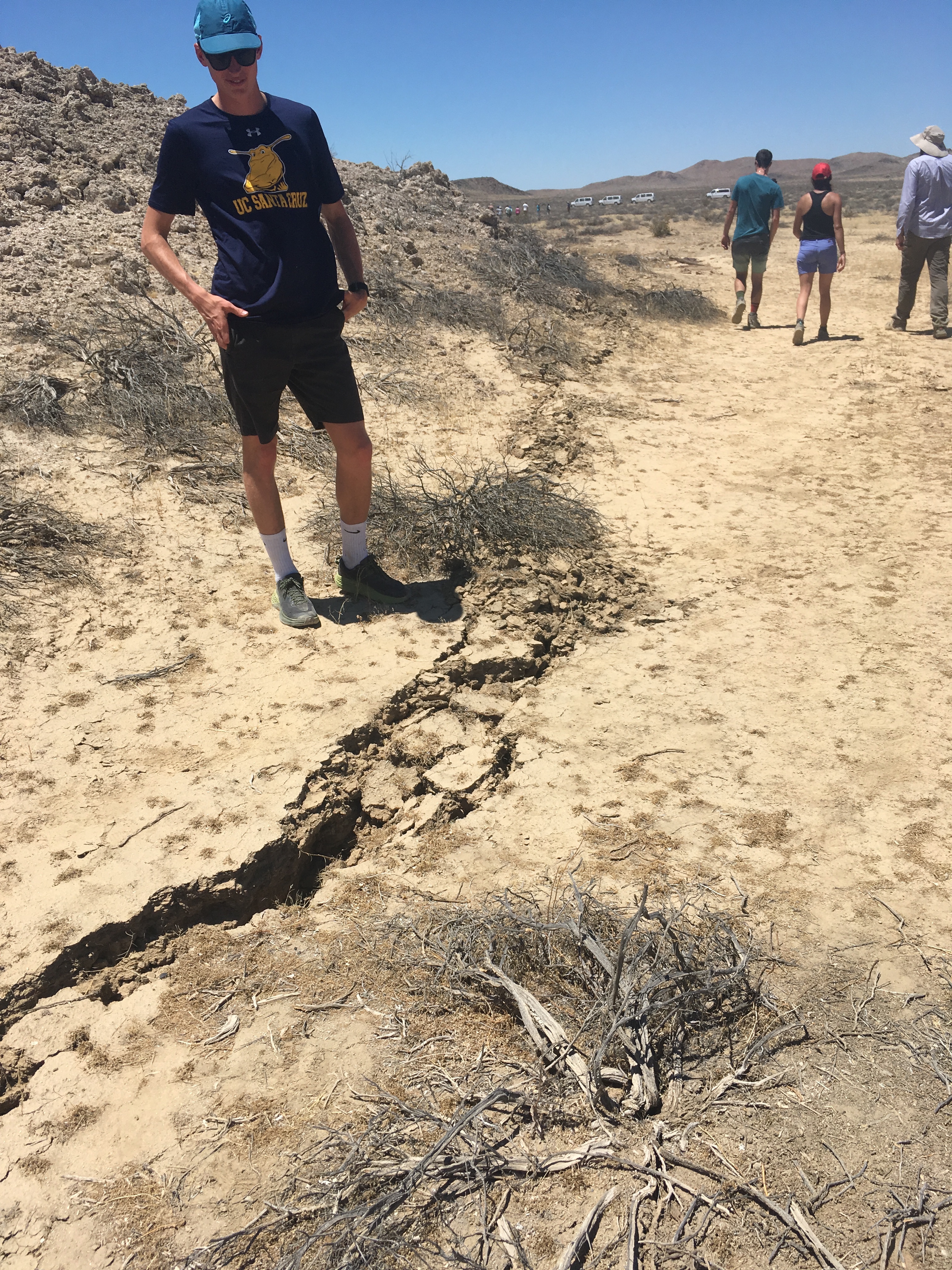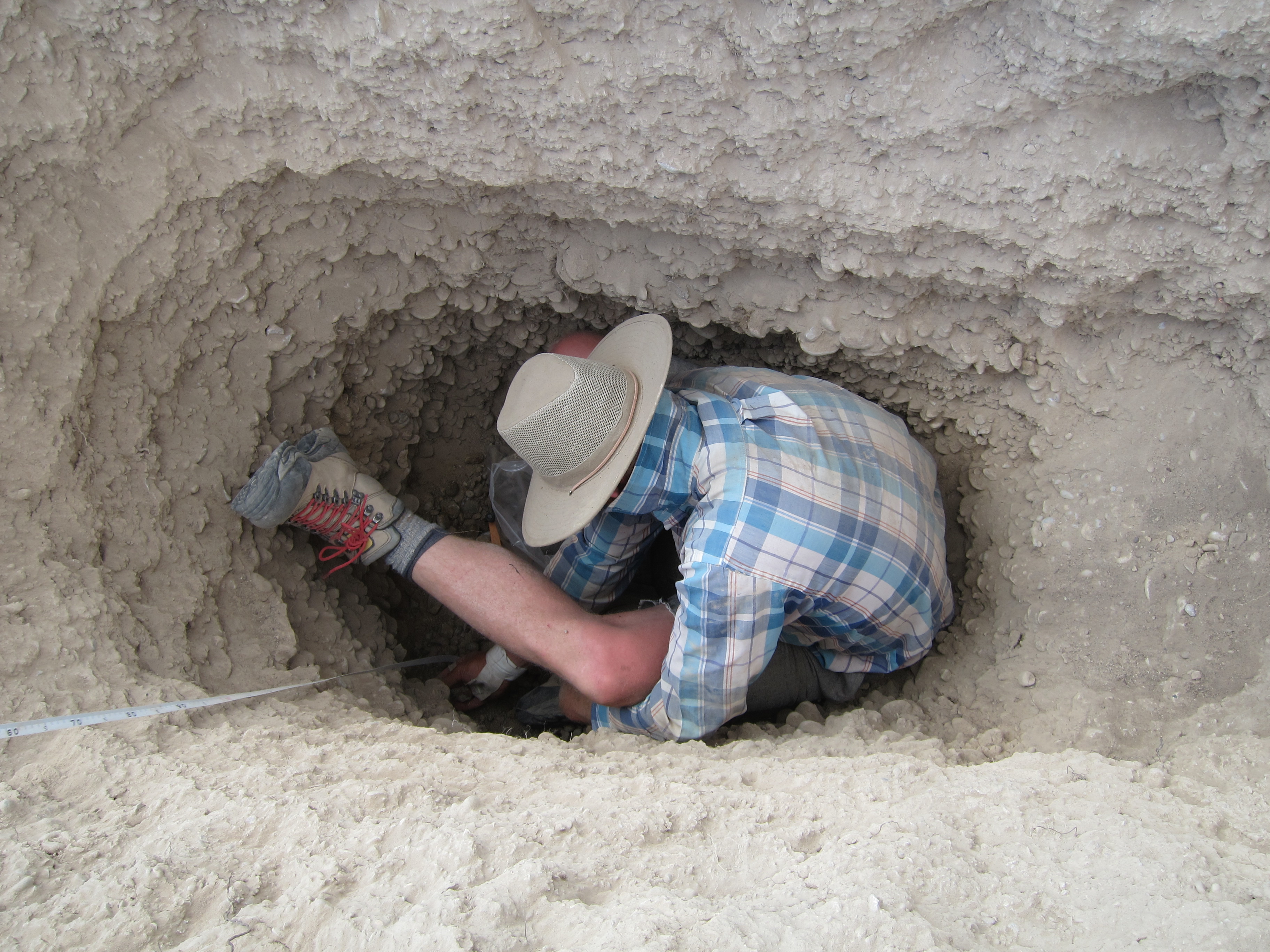Undergraduate Research
Undergraduate Research
Becoming involved in research is one of the most important decisions you will make as an undergraduate student. For students interested in pursuing grad school, undergraduate research is a way of expanding your education outside of the classroom and better preparing yourself for the rigors of graduate study. The right research experience can greatly enhance your education and further your preparation for industry, business, and professional schools.
Getting involved in an undergraduate research project is not like signing up for a class. Instead, it is much more like obtaining a job - you need to find an available research position and then sell yourself for that position. When asked what was the highlight of your undergraduate education, graduates of UCSC consistently say participating in undergraduate research. All students are encouraged to seek out opportunities to apply their learning in the context of an undergraduate research project or internship.
Senior Capstone
Earth Sciences majors often participate in research as a means of satisfying their senior comprehensive requirement. For more information on the various means of satisfying the senior comprehensive requirement, visit the department's Senior Capstone information.
Undergraduate Research Courses
Earth Sciences majors may receive credit for participating in research by enrolling in one of our Earth Sciences undergraduate research courses.
Tips to help begin your search for a research opportunity

Step 1. Activate
First and Second Year students - plan ahead by attending workshops and events held by the Undergraduate Research Office.
Attend the annual Undergraduate Research Symposium, Poster Session, & Panel Discussion in late May or early June.
Step 2. Brainstorm
Think about courses you've taken or other educational experiences you've had.
- Make a list of those subjects that you find most interesting.
- For ideas on topics to list, scan through your science and textbook indices.
- Look at the department research section of our website for subjects in which you are interested.
- What are you excited about? Start searching the web to find out what is happening in this area.
- Are there news stories about flashy new discoveries? Check out the department news section
Once you have evaluated your research interests and organized your time (plan on up to 15 hours per week), the next step is finding a faculty mentor. As part of a collaborative research team, you will need to find the right position both for you and your potential research lab.
Step 3. Identifying possible research mentors
Once you have an idea of the area in which you would like to do research, you are now ready to find a mentor.
Research your potential faculty mentor
Identify a few faculty and read about their general area of research. Our departments' faculty listings describe the professor's research and list recent articles.
When you are researching potential faculty mentors, make sure they are conducting research in your area of interest. You should be able to connect your coursework or previous volunteer/research experience to the research project you are applying for.
Step 4. Contacting potential mentors
Send an email to potential faculty members introducing yourself and clearly indicating your purpose for contacting them. This "cover letter" should include the following points:
- Name and major/department affiliation
- Purpose for contacting them
- Major research interests and enthusiasm for gaining research experience
- How do your research interests relate to the research being done in said laboratory (ie. Why are you interested in their specific laboratory?)
- Include your contact information (email, phone, etc.)
As an attachment to your email, include your curriculum vitae (CV). A CV is similar to a resume but is specific to your academic career. Include:
- Relevant coursework - you may want to include a short description of techniques/concepts mastered.
- Leadership experience (on/off campus) and work experience that demonstrates organizational skills, independent thinking, etc.)
- Honors, awards or distinctions (include name of award, granting college/department, and monetary value if appropriate)
Some faculty members may also require a copy of your unofficial transcript.
NOTE: When you contact potential mentors, you may find that one or more of them is unable to accept you into his/her lab. This may be due to a variety of circumstances so do not take it personally. Students often become discouraged in the search for a research position because they have sent many e-mails to faculty and have gotten no replies. Take heart! Your letter may not have reached them. They might be out of town. But often the reason for lack of response is something that can be fixed by using proper business communication etiquette. See the following examples of good and bad letters (courtesy of UC Davis) so you can learn how to write a better letter of inquiry to a potential employer.

Sample Cover Letter / Email (Courtesy of UC Davis)
Additional Undergraduate Research Resources
- MARC (Maximizing Access to Research Careers)
- The Initiative for Maximizing Student Development (IMSD)
- California Alliance for Minority Participation (CAMP)
- University of California Leadership Excellence through Advanced Degrees (UC LEADS)
The website covers a wide range of topics, including division-‐specific information, preparing for undergraduate research, joining a lab or research group, independent study options, and how to email professors.In addition, there is a searchable database of selected UR programs at UCSC and in the region,and brief descriptions of large, multi-‐site summer programs, such as the National Science Foundation Research Experience for Undergraduate Program (REU).

